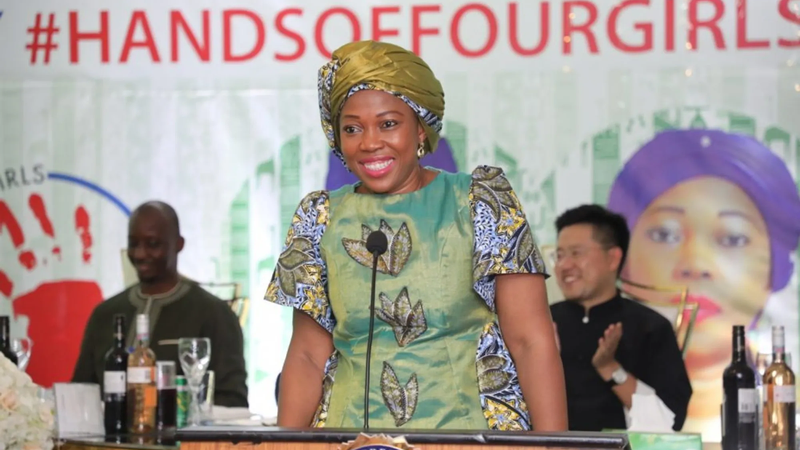The Prohibition of Child Marriage Act in Sierra Leone is a monumental step toward gender equality and the protection of children’s rights. It is a measure that is certainly not before its time, given the long-standing issues of child marriage in the country. While the law alone cannot eradicate the deeply ingrained cultural practices overnight, it sets a firm legal foundation and a clear message of zero tolerance.
The law’s success will depend on robust enforcement and continuous efforts to educate and inform communities about its provisions. With dedicated advocates like First Lady Fatima Bio and supportive leadership from President Julius Maada Bio, there is hope that Sierra Leone can pave the way for a future where every girl can pursue her dreams free from the threat of early marriage.
The recent enactment of the Prohibition of Child Marriage Act in Sierra Leone represents a significant step forward in the nation’s fight against gender inequality and child exploitation. The law, celebrated with much fanfare in a ceremony organised by First Lady Fatima Bio, marks a pivotal moment in the country’s history.
President Julius Maada Bio’s signing of this legislation is not just a legal reform, it symbolises a commitment to safeguarding the future of young girls in Sierra Leone, a commitment that many feel is long overdue.
The new law imposes stringent penalties on those involved in the marriage of girls under the age of 18, with offenders facing at least 15 years in prison or fines up to $4,000, or both. This severe punishment highlights the government’s determination to eradicate child marriage, a practice deeply rooted in the country’s patriarchal society. For university student Khadijatu Barrie, whose sister was married off at 14, the ban is a bittersweet victory. While she applauds the legislation, she laments its late arrival, wishing it had been in place to protect her sister and many other young girls like her.
Sierra Leone’s patriarchal traditions have long placed young girls in vulnerable positions, often forcing them into marriages arranged by their fathers. Barrie herself narrowly escaped this fate at the age of 10, fleeing her family home when faced with the prospect of an arranged marriage. Her escape and subsequent support from sympathetic teachers and a UN children’s agency worker highlight the challenges many girls face in rejecting such traditions. The new law’s effectiveness will depend significantly on raising awareness and ensuring that communities, especially in rural areas, understand the severe consequences of violating it.
The statistics are bleak, a third of girls in Sierra Leone are married before they turn 18, contributing to one of the highest maternal mortality rates in the world. The law aims to address this by not only punishing those directly involved in child marriages but also holding accountable anyone who facilitates or attends such ceremonies. This comprehensive approach is designed to dismantle the societal norms that have perpetuated child marriage for generations.
First Lady Fatima Bio has been a vocal advocate against sexual abuse and child marriage since her husband assumed office six years ago. Her efforts culminated in the grand ceremony where the bill was signed, an event intended to draw significant attention to this landmark legislation. Despite its passage by MPs weeks earlier, local media coverage had been sparse stressing the importance of the high-profile event to raise awareness.
President Bio’s personal connection to the cause adds a profound layer of significance to the law. Raised by his mother and elder sister after his father’s early death, Bio credits the women in his life with his success and development. His statement that “the future of Sierra Leone is female” reflects a vision of an empowered nation where women and girls have equal opportunities to thrive.
The reaction from rights activists and international bodies has been overwhelmingly positive. The US Bureau of African Affairs, for instance, hailed the law as a “significant milestone” that not only protects girls but also advances broader human rights protections. This endorsement highlights the global recognition of Sierra Leone’s progress in addressing gender-based injustices.





